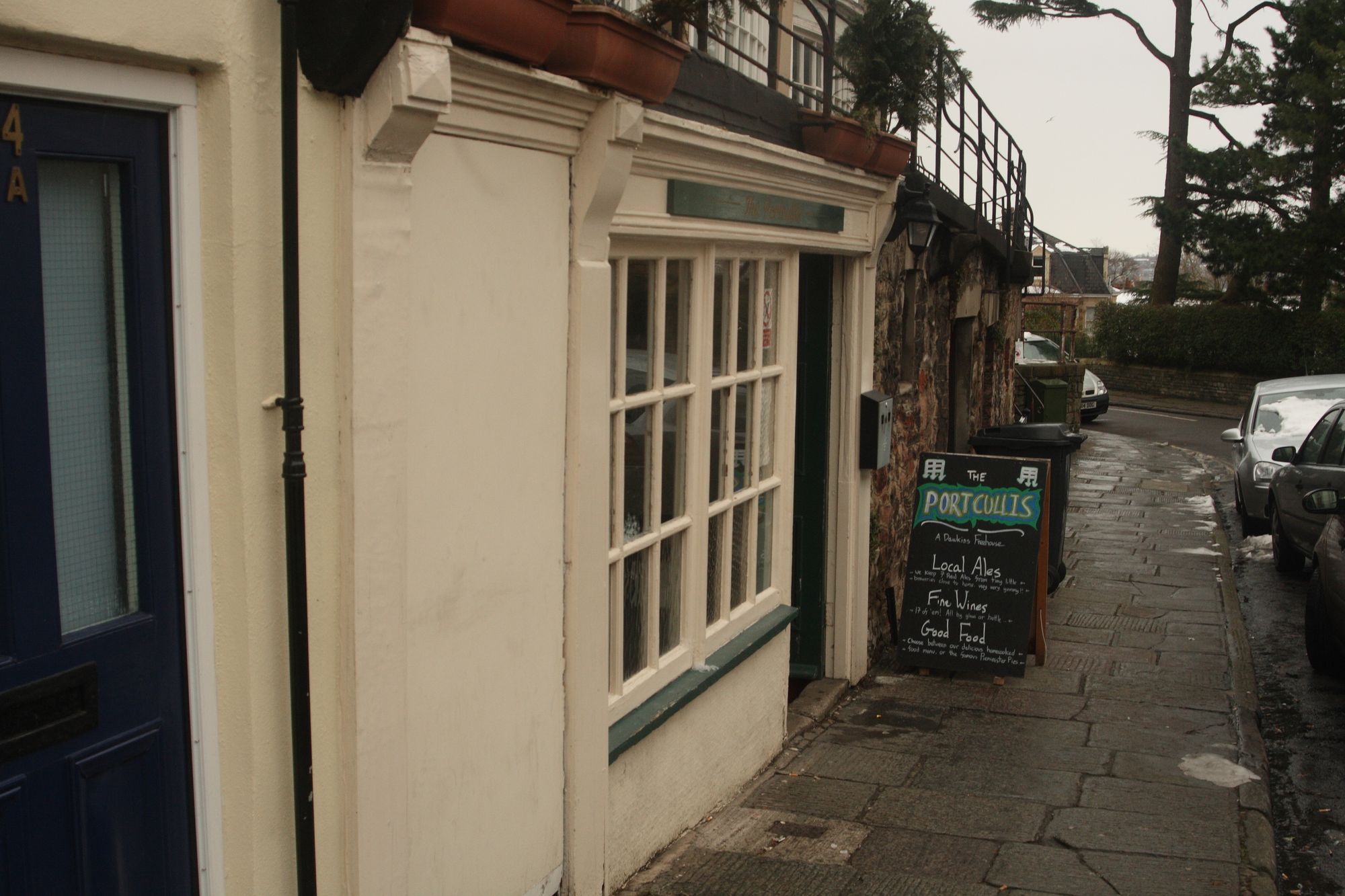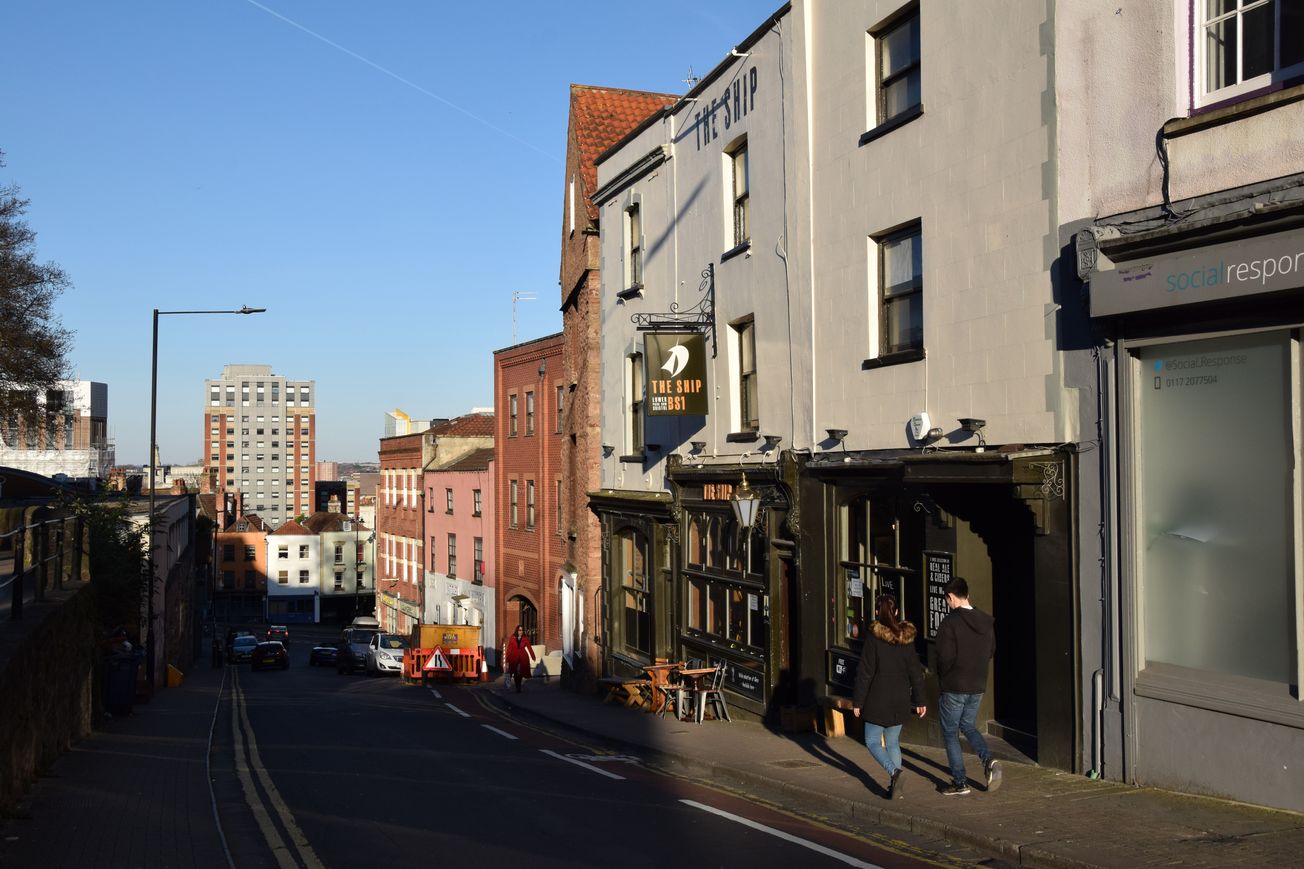By Ella Woszczyk, Second Year English Literature
A frightening aspect of Britain’s current cost-of-living crisis is that it is non-discriminative. Students, boomers, and business owners alike are experiencing a daunting solidarity as they face an economic reality that sees individuals across the nation unable to afford basic necessities.
When struggles and uncertainties are far-reaching, it can be difficult to know where to place our focus. Epigram visited pubs within the University of Bristol area, known to be frequented by students and locals, to determine whether the financial crisis is impacting landlords and their businesses.
Inside Clifton’s well-known Hope & Anchor, Epigram was struck by the disappearance of their £3 lager, replaced by a notably pricier £4 alternative. Price increases during periods of economic uncertainty appear inevitable, with Wales Online recently reporting a 70 per cent rise across the UK in the average cost of a pint since the 2008 financial crash. However, the manager of The Hope & Anchor identified the 33 per cent rise in lager cost as distinct from the cost-of-living crisis, instead citing difficulties with a local brewery.
He noted that ‘the costs we charge are the lowest possible to still maintain a profit margin’, yet also opined his belief that raising prices ‘to even 50 pence higher’ would not significantly affect their customers. On a blackboard at the side of the bar is a notice stating that the pub ensures all staff are paid the London living wage—which stands at 11.95 an hour—and when queried, staff members reported no recent or upcoming changes to their working hours. The manager concluded that their prices still fall beneath the Bristol city average of £4.52 a pint and that custom only declines notably during the summer period when many students return home. Students will find it reassuring to know that The Hope & Anchor is by no means at risk of closing anytime soon.
A reluctance to increase prices was similarly expressed by bar staff at The Mardyke, a community pub in Hotwells. The manager has reportedly implemented a more selective price increase, choosing to raise the prices of more popular brands of beer, lager, and cider. The cost of Amstel, rising steadily over the course of six months from £2.90 to £3.20 a pint (with the most drastic increase occurring in the past three weeks) has been met with some complaints from pub regulars. However, this has had a minimal impact on sales as a whole. The staff member who spoke with Epigram admitted that the landlords are unhappy with the price increase and, believing it unnecessary, are involved in discussions to potentially reduce them back down.

These takes on the cost-of-living crisis appear far removed from circulated warnings that the price of a pint in the UK could quadruple by the end of the decade to anywhere between £15-£20. Such costs are financially unviable and would force an implausible number of pubs to close their doors for good, so the response from Bristol’s pubs seems heartening.
When Epigram visited The Portcullis, a traditional pub located near the Clifton Suspension Bridge, the pub’s landlord, Paul, began our conversation by commenting that he was ‘yet to feel the full effects of the cost-of-living crisis’, despite experiencing a twelve-to-eighteen per cent rise in his energy bills.
Due to the pub’s ideal location alongside the iconic Bristol landmark, Paul’s business is more tourism-dependent and he identified Brexit as ‘remaining a larger issue’—it is perhaps noteworthy that Paul’s cheapest and most popular pint is one imported from Belgium.

When asked about staffing, Paul expressed gratitude around being a ‘self-contained’ establishment, as his small team of four staff members manages to avoid high running costs, perhaps indicating that smaller, independent, or more intimate pubs are offered slight relief from the soaring costs.
Paul voiced the growing concern that the impacts of the crisis will become more pronounced around the Christmas period, coinciding with a decline in tourism. He balanced his apprehension by acknowledging that ‘students help’.
Bristol on a Budget: A fresher's low-cost living guide
The cost-of-living crisis is threatening to worsen student wealth disparities
We can identify two avenues of consensus among these reports: pubs are yet to feel the full impact of the crisis, and the student population is a significant aid in helping to maintain a healthy business. Rising costs are an unfortunate reality across the country, a reality that pubs are not immune to. Whilst the situation is likely to worsen in the coming months, current demand for pubs is strong and many of our local gems will remain safe for a while longer.
Featured Image: Flickr / Steve Keiretsu
How much would you pay for a pint?






